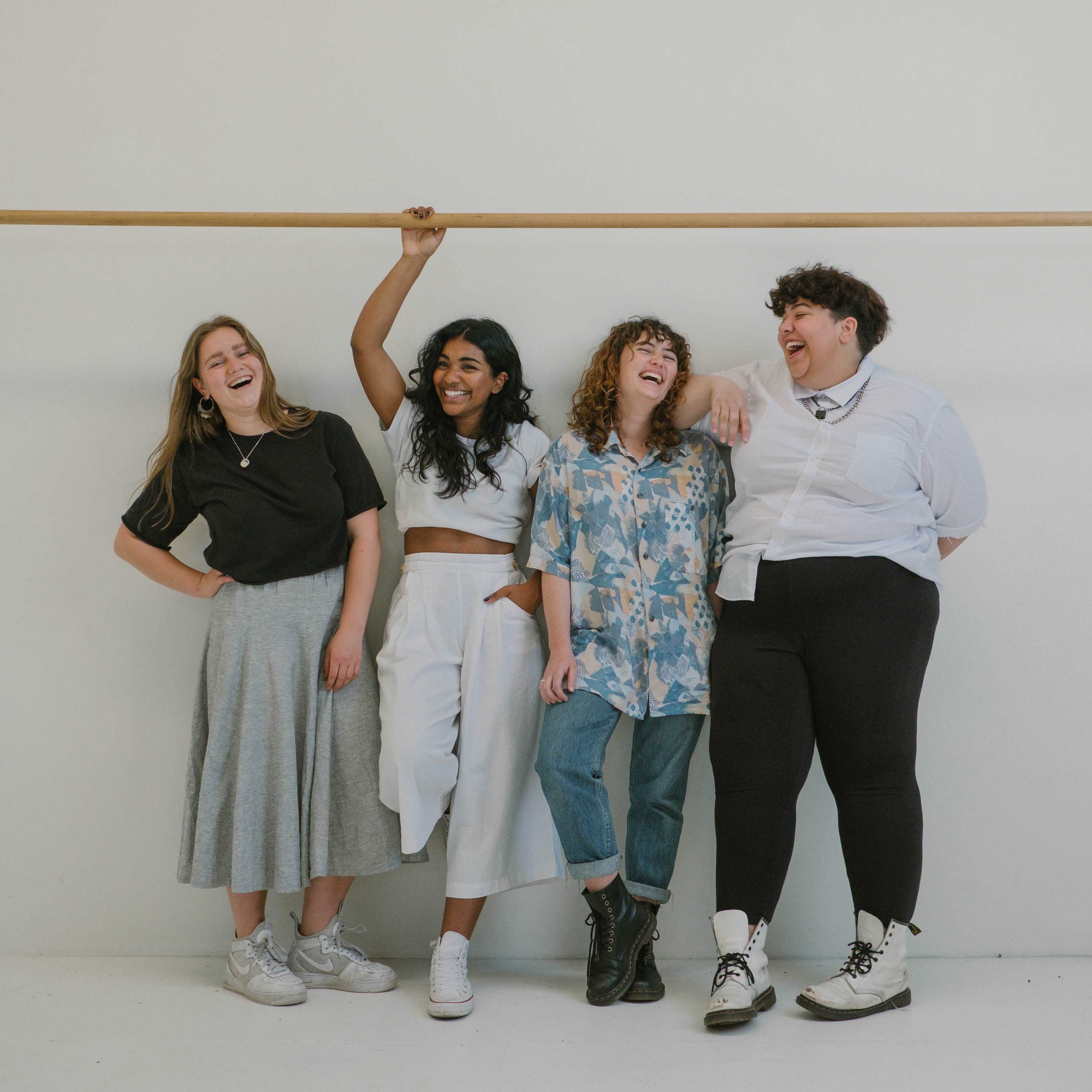Who does body positivity really benefit?
Medical Pharmaceutical Translations • Jul 5, 2021 12:00:00 AM

Last week, social media platform Pinterest made headlines by banning all images promoting weight loss or portraying body types in negative ways.
The move was made in partnership with the National Eating Disorders Association, prompted by the ravages of lockdown on our physical and mental health. The Association has seen a significant rise in reports of eating disorders and unhealthy eating since the pandemic began.
When you see it that way, Pinterest’s decision is noble, if not downright reasonable. The site isn’t alone; although others haven’t gone so far as to ban all negative imagery and ads, the body positivity movement in general is on the rise, on social media as well as in marketing.
But with this support also comes criticism from anonymous online commentators, as well as certain fitness and health personalities and some medical professionals.
In most cases, critics of body positivity don’t talk about all “unhealthy” body types. For instance, people who are underweight are rarely discussed. To critics, body positivity is simply a way to enable overweight people to remain overweight, by forcing society to accept them and thus allowing them to accept themselves.
There are many failures of logic with this kind of thinking, including the fact that not all overweight people are unhealthy, just as not all non-overweight people are healthy. Additionally, not all overweight people love their body, no matter how much body positivity media they’re exposed to, and fat shaming doesn’t promote weight loss.
These critics also miss another crucial point: The body positivity movement is about ALL bodies.
In addition to overweight or obese individuals, body acceptance can greatly improve the mental and even physical health (loving your body may encourage you to treat it better, including more regular medical visits and exercise) of the following groups:
● chronically underweight people
● people undergoing medical treatments that alter their appearance (weight gain or loss, hair loss, etc.)
● people with a visible disability
● people with eating disorders
● people with scars and other permanent injuries
● people with a skin color or other feature that is not idealized by their society/culture
● elderly people in societies where older bodies are considered ugly or unpleasant
Besides self-acceptance, the movement seeks to create acceptance in general. Featuring a variety of body types in media, advertising, and entertainment isn’t a way to deliver the message “Be unhealthy! Who cares?”; rather, the message is “People can differ greatly in appearance, but all of us deserve respect.”
It’s hard to think of anyone disagreeing with that statement, yet many do, simply because certain body types are “other”.
Bias against the “other”, especially an “other” that society has long stereotyped as categorically lazy and unhealthy, is unfortunately even an issue in medicine. In a recent poll, for instance, over 50% of doctors considered overweight patients unfavorably, using words like “ugly” and “noncompliant” to describe them.
“Ugly” may just seem mean, but “noncompliant” hints that this issue goes beyond skin deep. Studies have found that because of their bias, many doctors will spend less time with overweight patients, or will find it difficult to see anything besides weight loss as a solution to their health complaints.
This can be frustrating for overweight patients (who, in the US alone, make up 70% of the population), and in some cases it can even be deadly. To give just one example, an NBC News article cites the case of Ellen Maude Bennett, whose complaints of feeling tired were always attributed to her weight by doctors and never investigated further. But Bennett was suffering from cancer, which eventually killed her.
Body positivity isn’t about encouraging an unhealthy lifestyle. It’s a way to improve life for just about all of us. This could be by allowing someone to accept or even love their body, improving their mental health. It could be by inspiring self-care, including routine medical appointments. Maybe body positivity could even change the unhealthy biases that too many medical professionals still harbor. Even if you don’t feel strong ties to this movement, breaking this barrier to care could save the life of someone you care about.
Contact Our Writer – Alysa Salzberg
